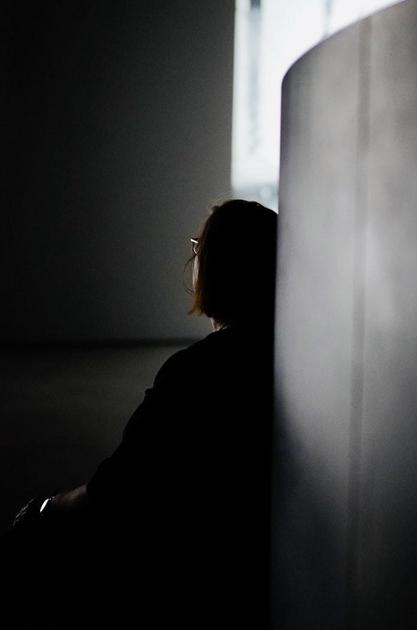Woman, Do You Suffer From Anxiety & Burnout?
Understanding Anxiety and Burnout in Women
Anxiety and burnout are two prevalent issues affecting women across various walks of life. While anxiety often manifests as persistent worry or fear, burnout tends to emerge as overwhelming exhaustion and detachment. The intersection of these two can lead to significant impacts on both mental and physical well-being.
In our latest video, we delve into the nuances of how these conditions affect women specifically. The societal and biological factors contributing to heightened anxiety among women are examined, providing a backdrop for understanding these complex challenges.
The Impact of Anxiety
Anxiety can present itself in various forms, from general anxiety disorder to panic attacks. Women may experience these differently than men, often internalizing feelings due to societal pressures. This can lead to increased feelings of isolation and exacerbate symptoms if left unacknowledged.
Understanding and identifying the symptoms early can be crucial in managing anxiety effectively. Our discussion aims to shed light on the psychological and physiological signs to watch out for, paving the way for seeking appropriate help.
Why Burnout is More Than Just Stress
Burnout is often misunderstood as mere stress, but it is far more encompassing. It typically involves prolonged stress periods leading to emotional, physical, and mental exhaustion. Women juggling multiple roles may find themselves more susceptible to burnout.
Recognizing burnout symptoms is the first step toward recovery. Strategies such as setting boundaries, prioritizing self-care, and seeking support can be instrumental in combating burnout effectively.
Combating Anxiety and Burnout
There are numerous strategies women can employ to combat anxiety and burnout. Mindfulness and meditation have proven effective in managing symptoms and enhancing overall mental health. Regular practice helps in anchoring oneself in the present moment, reducing stress and anxiety levels.
Additionally, maintaining a balanced lifestyle with adequate sleep, nutrition, and exercise plays a critical role in emotional regulation. Our blog post covers comprehensive methods and personal stories illustrating these approaches in practice.
Professional Help and Support
Seeking professional help can significantly aid in managing anxiety and burnout. Therapy and counseling offer safe spaces to explore emotions and develop coping mechanisms. Cognitive Behavioral Therapy (CBT) has been particularly effective in altering thought patterns that contribute to anxiety.
Our video and blog emphasize the importance of reaching out for help when needed. Establishing a support network with peers facing similar challenges can provide comfort and practical advice.
New Products and Daily Tips
In addition to traditional methods, exploring new products designed to alleviate symptoms of anxiety and burnout can be beneficial. Aromatherapy, weighted blankets, and stress-relief apps have shown promise in providing daily comfort and relaxation.
We offer tips on integrating these products into daily routines effectively. From morning rituals to evening wind-downs, these small changes can make a substantial difference over time.
FAQ
What are some immediate steps to manage anxiety?
Immediate steps to manage anxiety include practicing deep breathing exercises, which help in calming the nervous system. Taking short walks to break up the day and engaging in brief meditation sessions can also provide quick relief from acute anxiety.
How can I differentiate between stress and burnout?
Stress typically involves getting things done under pressure, whereas burnout is characterized by feeling overwhelmed to the point of exhaustion and detachment. Burnout often requires a longer recovery period and a reassessment of current routines.
Are there specific therapies for women dealing with anxiety?
Yes, therapies like Cognitive Behavioral Therapy (CBT) and Acceptance and Commitment Therapy (ACT) are beneficial for women dealing with anxiety. These approaches focus on changing negative thoughts and fostering acceptance about things outside of one’s control.
What role does lifestyle play in managing anxiety and burnout?
Leading a balanced lifestyle is crucial in preventing and managing anxiety and burnout. Regular physical activity, a nutritious diet, sufficient sleep, and maintaining social connections can significantly enhance mental resilience and overall quality of life.
Can technology aid in dealing with anxiety and burnout?
Absolutely, technology offers various tools like meditation apps, online therapy sessions, and mood trackers that help manage anxiety and burnout. Integrating these technological solutions into daily life can provide additional support and convenience.
Watch the Video:














